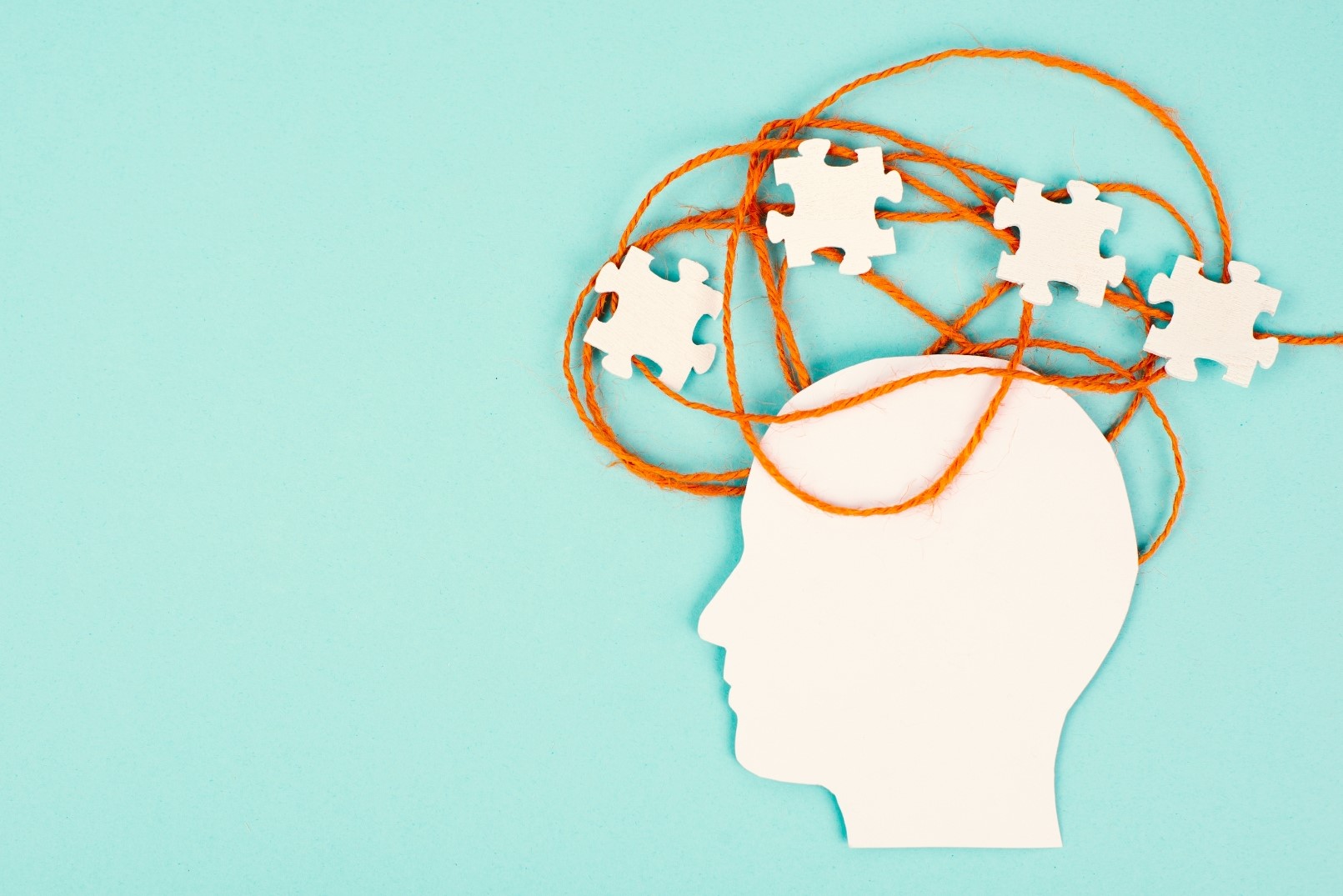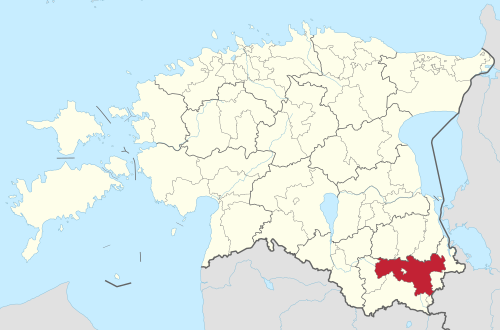Psychiatric co-morbidity refers to the co-occurrence of a mental disorder(s) and an addictive disorder. This may be a cause or a consequence of one or the other, but there may not be a causal link between them. Coexistence can exacerbate the disorders and complicate diagnosis and, in turn, treatment. Research confirms that traditional, stand-alone services are not effective for people with psychiatric comorbidity. Integrated treatment programmes, which combine mental health and addiction interventions, have shown significantly better results.
The study was prompted by the fact that in Estonia the services needed for this target group – psychiatric treatment, incl. addiction treatment, and special care services – are not currently available at the same time. The study focused in particular on serious mental disorders (comorbid with addiction) – mental disorders with a chronic (permanent or long-term) course, resulting in emotional, cognitive and other difficulties that significantly impair or limit a person’s ability to cope with everyday tasks and to participate in society.
Purpose and stages
The aim of the study was to propose solutions to ensure integration of services and better and more timely quality care for people with psychiatric co-morbidity in Estonia. Therefore, our tasks were to
- understand the specificities and needs of the target group,
- create an overview of the current situation of support for the target group, including bottlenecks in Estonia,
- map good and evidence-based practices in five European countries: the Netherlands, the United Kingdom, Finland, Denmark, and Slovenia,
- identify solutions to improve the service system in Estonia.
In order to understand support options and gaps in the system in Estonia, we interviewed eight experts from different fields – addiction treatment, psychiatry, family medicine, social work, special care services. The main focus of the study was on document analysis of service systems in foreign countries, which we refined through interviews with experts from each country. By comparing existing services, problems and the wider health and social care system with approaches applied in other countries, we drew up recommendations with the help of 11 experts on how Estonia could provide better quality and needs-based care and support for the target group.
Findings
We found that the biggest challenges in supporting the target group in Estonia are the following.
- There are currently no services that are designed based on the treatment specificity of people with psychiatric co-morbidity, and due to the impact the two disorders have on each other, existing services may not be accessible to, or meet the needs of, the person with the problem.
- It is currently easier to get help in more acute cases, when an ambulance or the police intervene, or when a person is referred for treatment by court order. The earlier the stage of need, the more difficult it is to get help, as milder mental disorders may be overlooked, especially when co-occurring with an addictive disorder.
- There is no coherent pathway or case management for multi-diagnosed patients moving through the health and social care system, and there is a lot of randomness.
- There is a shortage of key professionals (psychiatrists, mental health nurses, etc.) and/or they have inadequate training specifically to deal with co-morbid patients.
- It is difficult for people with psychiatric co-morbidity to access and remain in treatment, as awareness of the illness and motivation to change are often low due to the symptomatology and co-occurrence of disorders, which tends to perpetuate problems.
What recommendations we developed, based on experiences from other countries, to better support people with co-morbidities in Estonia can be found in the report, which is available online from the Ministry of Social Affairs.




